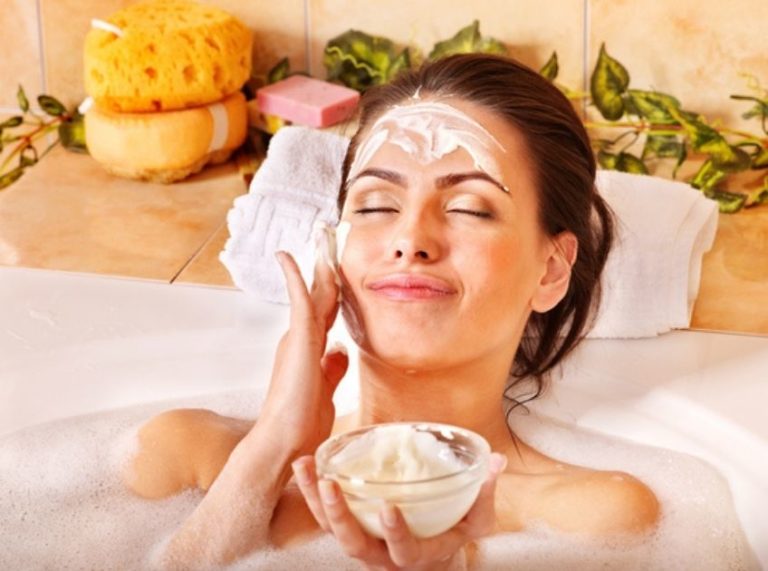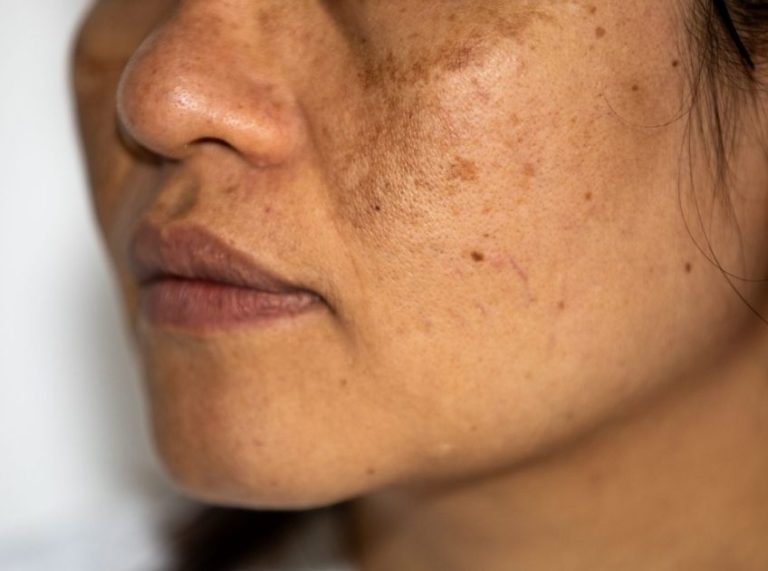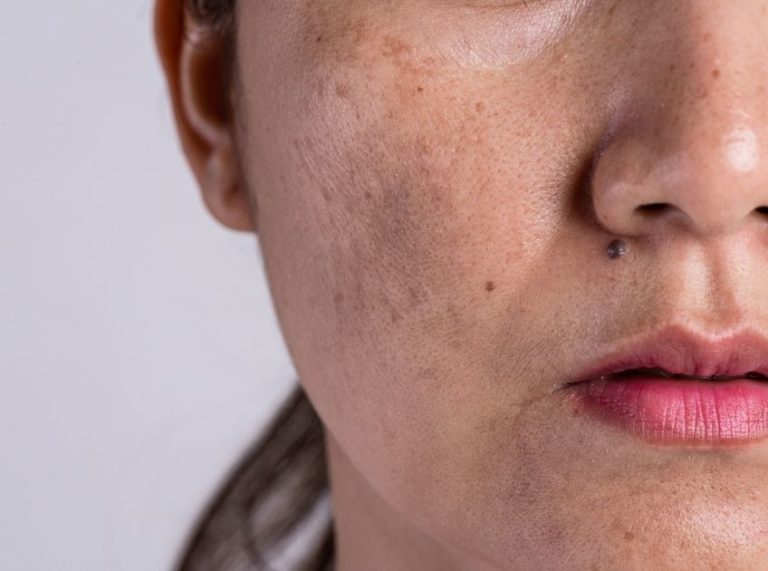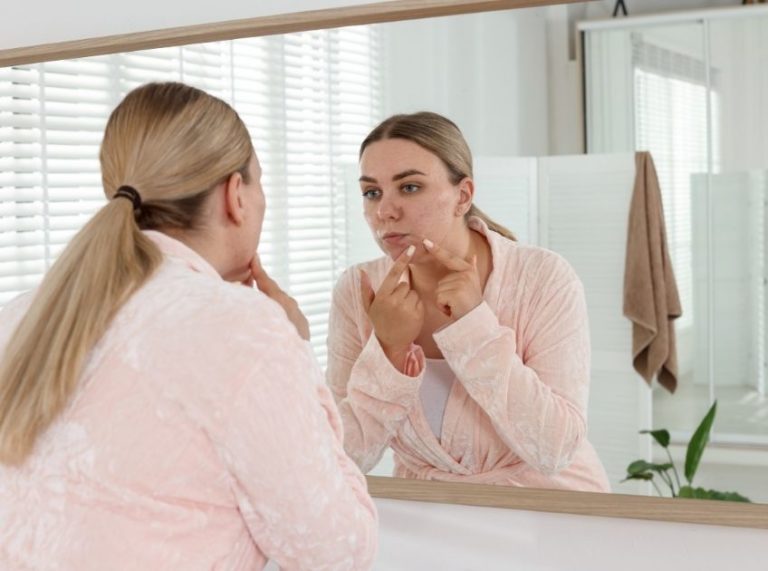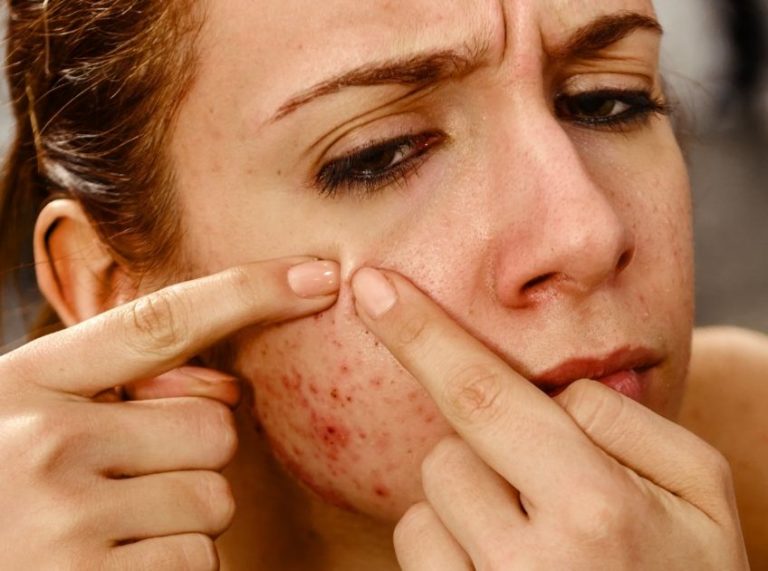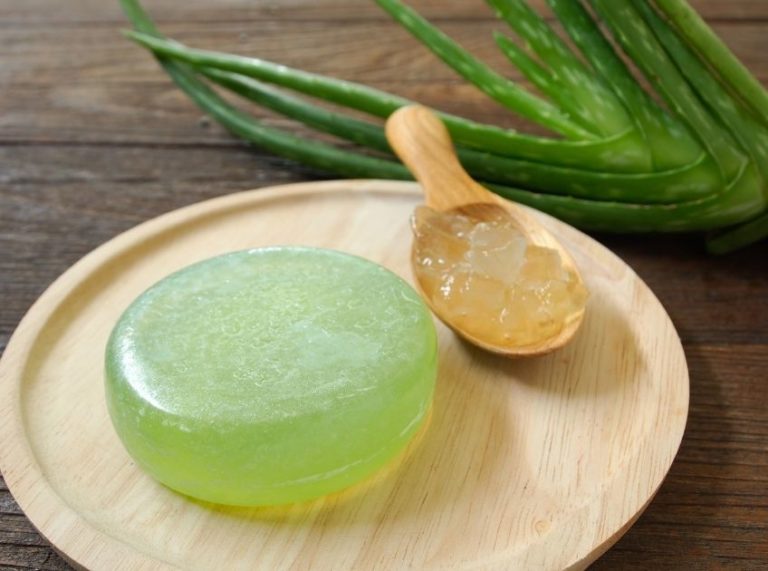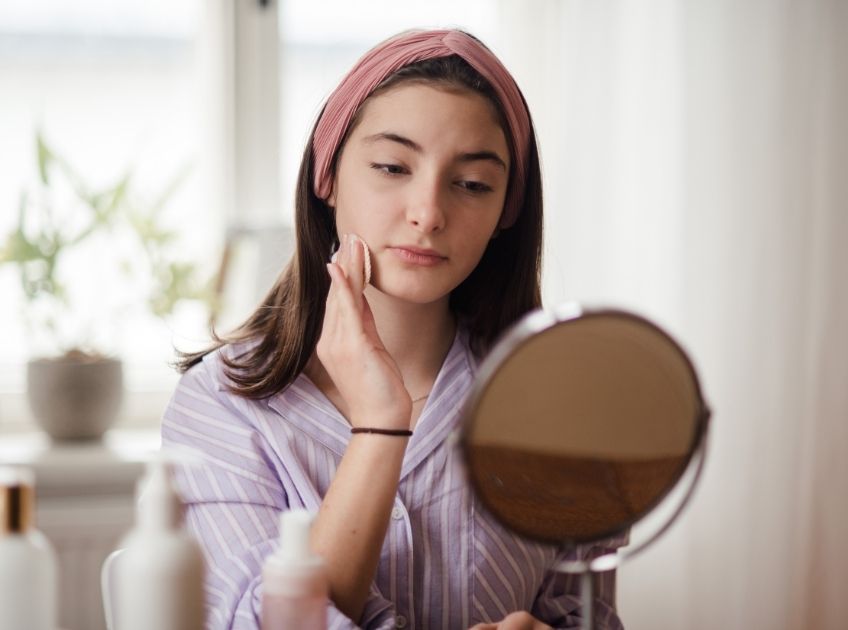
Important: This article is for informational purposes only. Please read our full disclaimer for more details.
Your skin is the largest organ of the body—and one of the hardest working. From UV rays and pollution to hormonal shifts and everyday stress, it faces a lot. While we often assume dryness, occasional breakouts, or dullness are “normal,” your skin is constantly sending signals when something is off. Ignoring these signs can lead to long-term concerns like chronic inflammation, premature aging, or persistent acne.
As a skincare writer and researcher, one thing I always tell clients is this: skin problems rarely appear overnight. They build slowly, often with subtle red flags that most people brush aside. Understanding these early signs can help you correct skin imbalances before they turn into deeper issues. The good news? With the right care routine and a better understanding of your skin’s needs, you can restore balance and strengthen your skin barrier.
Let’s explore the common signs your skin is asking for more attention—and what the science says about them.
6 Clear Signs Your Skin Needs Extra Attention
1. Your Skin is Suddenly Dry, Flaky, or Tight
Sudden dryness or tightness is one of the earliest signs that your moisture barrier is compromised. This barrier (also known as the lipid barrier) is responsible for holding hydration in and keeping irritants out. When it weakens, transepidermal water loss (TEWL) increases, leaving the skin dehydrated.
If your skin feels taut after washing or develops rough patches, it signals the need for richer moisturizers, more ceramides, or gentler cleansing habits.
2. Breakouts are Becoming More Frequent
Acne flare-ups aren’t always caused by dirt. They often indicate increased inflammation, hormonal fluctuation, or a weakened barrier. Excess sebum mixed with dead skin cells and bacteria leads to clogged pores and breakouts.
Frequent pimples suggest your skin needs more consistent cleansing, non-comedogenic moisturizers, and anti-inflammatory ingredients like salicylic acid or niacinamide. Adult acne especially hints at a deeper imbalance.
3. Your Complexion Looks Dull and Tired
A loss of natural glow means skin-cell turnover has slowed. Dead cells remain on the surface, giving the skin a lackluster appearance. Pollution, UV rays, and stress also contribute to dullness by increasing oxidative stress and weakening collagen.
If radiance has faded, your skin may benefit from exfoliation (especially AHAs), antioxidants like vitamin C, and improved hydration.
4. You are Experiencing Sensitivity or Redness More Often
When skin begins to sting, burn, or redden easily, it’s a strong indicator of barrier disruption. Over-exfoliation, harsh cleansers, and fragrance-heavy products strip natural oils and leave the skin vulnerable.
Redness around the nose, cheeks, or chin—or sudden reactions to products that once worked well—means it’s time to simplify your routine and rebuild your barrier with soothing ingredients such as centella asiatica, panthenol, or hyaluronic acid.
5. Fine Lines Seem More Visible Than Before
Premature fine lines are commonly linked to dehydration, not just aging. Without enough moisture, the skin loses plumpness, making lines more noticeable. Long-term UV damage also speeds up collagen breakdown.
If you’re noticing new or deeper fine lines, your skin may need hydrating serums, consistent sunscreen, and ingredients that support collagen, like peptides or retinoids.
6. Dark Spots or Uneven Pigmentation are Increasing
A rise in hyperpigmentation—whether it’s sunspots, acne marks, or uneven tone—suggests the skin is under consistent stress. UV exposure, inflammation, and hormonal changes all trigger melanin overproduction.
If new spots appear frequently, your skin needs stronger protection from daily SPF, along with brightening and calming ingredients to control melanin activity.
What Science Says about Skin Health and Barrier Damage
Modern dermatology highlights one major theme: a strong skin barrier is central to healthy skin. Research shows that when the barrier is compromised—due to harsh products, environmental stress, or chronic inflammation—conditions like eczema, acne, and premature aging worsen.
A Few Scientific Insights Worth Noting:
- Ceramides are essential: Studies show ceramides make up 50% of the skin barrier’s lipids. Using ceramide-rich moisturizers can significantly improve dryness and sensitivity (1).
- Antioxidants reduce oxidative stress: Vitamin C, niacinamide, and polyphenols help reduce the impact of free radicals, which accelerate aging and dullness (2).
- Exfoliation improves turnover: AHAs like glycolic acid have been shown to enhance collagen production and remove dead skin cells effectively (3).
- Sunscreen prevents pigmentation and aging: UV exposure is responsible for up to 80% of visible skin aging, reinforcing why SPF must be part of daily care (4).
Understanding these scientific principles helps you make better skincare choices—ones that support long-term skin health instead of short-term fixes.
Frequently Asked Questions (FAQ’S)
1. How do I know if my skin barrier is damaged?
A. Look for signs like redness, stinging after applying products, increased dryness, or unexpected breakouts. If your skin reacts more than usual, your barrier likely needs repair with gentle, nourishing products.
2. Can lifestyle habits affect my skin condition?
A. Absolutely. Poor sleep, dehydration, stress, and high-sugar diets can increase inflammation and disrupt oil balance. Even over-washing can weaken your skin barrier.
3. How long does it take to repair stressed skin?
A. Mild dryness or irritation may improve within a week, while barrier repair can take three to six weeks, depending on the damage. Consistency with hydration, ceramides, and sunscreen makes the biggest difference.
Your skin communicates constantly—it’s just a matter of learning its language. Whether you’re dealing with dryness, unexpected sensitivity, or a lack of radiance, these signs are your skin’s way of saying it needs a little more care. By paying attention early and choosing ingredients that support long-term skin health, you can keep your complexion balanced, glowing, and resilient. No elaborate routines required—just mindful care and consistency.
